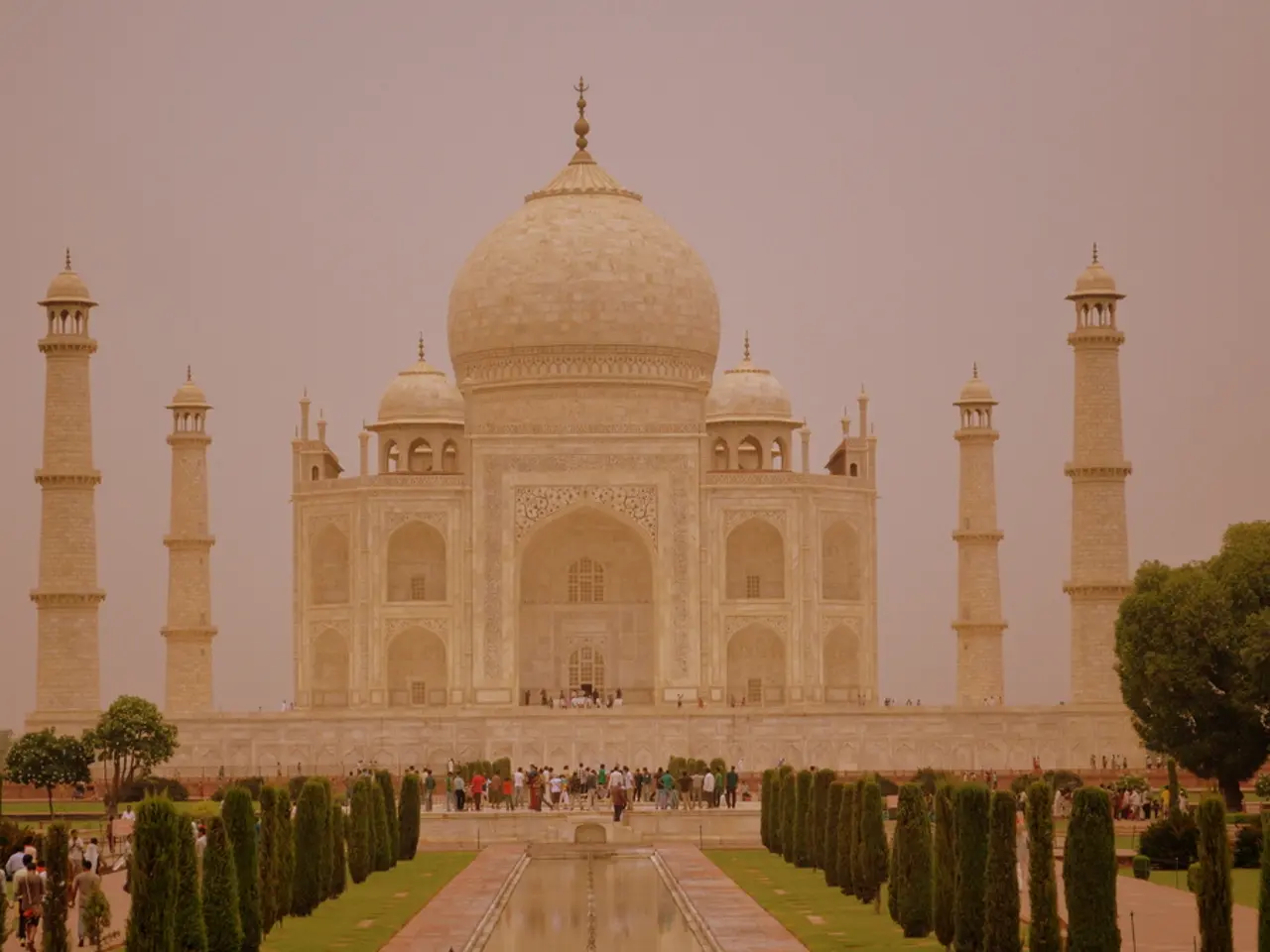U.S. President Trump Warns India Regarding Oil Purchases from Russia
In a move that has strained US-India relations, former President Donald Trump has threatened to impose severe tariffs on India's oil imports from Russia. This escalation, coupled with Trump's harsh rhetoric accusing India of unfair trade practices and strategic alignment with Russia, marks one of the lowest points in US-India relations in decades.
The current tension between the two nations stems from India's continued oil trade with Russia, a crucial lifeline for Russia during its economic isolation due to the conflict. India's foreign ministry spokesman, Randhir Jaiswal, has highlighted the US's earlier encouragement for India to import Russian gas to stabilize global energy markets. However, India's decision to become one of the largest buyers of Russian oil, particularly after several European countries reduced their imports following Russia's invasion of Ukraine in 2022, has not gone unnoticed.
Trump's threat was communicated through his social media platform, Truth Social. He did not specify the exact percentage for the proposed tariff increase, but he recently announced a 25% tariff on Indian imports. This was later escalated to 50%, a move that the Indian government has described as "unjustified and unreasonable." Prime Minister Modi declared India "ready to pay a heavy price" rather than compromising its strategic autonomy or energy choices.
The situation underscores the tension between economic interests and geopolitical alliances. India, widely recognized as a major economy, is emphasizing its intent to protect its national interests against external pressures. Jaiswal has criticized the US for imposing tariffs while continuing its trade with Russia, noting that last year, the US conducted about $3.5 billion in trade with the country despite ongoing sanctions.
Ajay Srivastava, a former Indian trade official, argued that the operations of India's oil refineries are based on transparent market principles, driven by factors such as pricing and supply security. However, this argument seems to have fallen on deaf ears in the US, with Trump expressing concern about India not caring about the number of people being killed in Ukraine due to the Russian War Machine.
The tariff escalation and strategic disagreements have overshadowed previous cooperation, including defense and technology partnerships initiated under both Trump’s prior administration and President Biden’s tenure. The relationship’s deterioration has raised concerns about possible Indian realignment toward China and Russia, potentially recalibrating the balance of power in the Indo-Pacific region.
Indian public and political sentiment increasingly view Trump’s actions as bullying, complicating prospects for renewed bilateral trade negotiations that stalled partly due to India’s protectionist stance on agriculture. As of mid-August 2025, the 50% tariffs remain in place with no resolution in sight, and the US has also threatened secondary sanctions. Analysts consider this a critical juncture that could fundamentally alter the long-term US-India strategic partnership, either leading to eventual recalibration or deeper estrangement.
Read also:
- Powered by BMW, the Morgan Supersport Hails as a 335HP Ode to Britain's Motor Tradition
- Expanding Thermal Insulation Industry Forecast to Reach a worth of 43.7 Billion Dollars by 2034
- Scout Motors Confident about Steady Electric Vehicle Sales during 2027 Launch on WardsAuto Podcast
- Large-Scale Money Laundering Scandals Over the Past Decade




